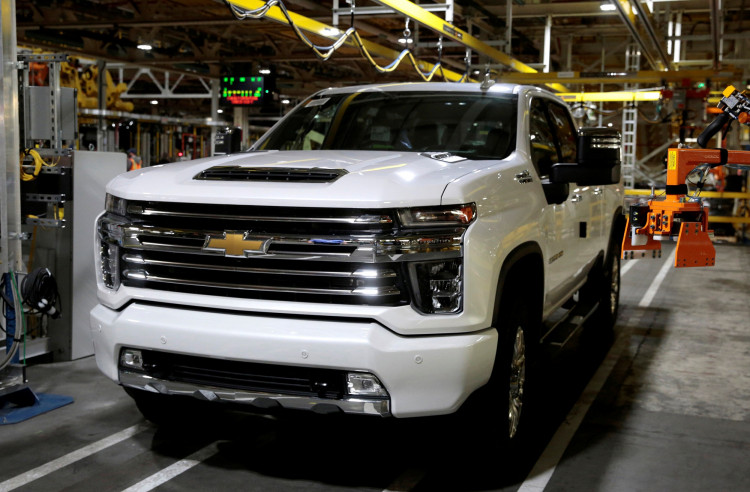General Motors has issued a recall that affects a huge chunk of its trucks in Canada, and while some models have reached the US and vice versa, GM hasn't officially announced what the status of the similar models are in the US.
The official notice indicates that nearly 160,000 examples of the 2014-2018 GMC Sierra, 2015-2019 GMC Sierra HD, 014-2018 Chevy Silverado, and the 2015-2018 Chevy Silverado HD are being recalled for potential fire risks. The recall notice on Transport Canada's website does not mention if specific VIN or production ranges are affected.
The recall is due to the trucks' power sliding rear window. Vehicles equipped with these are at risk of overheating, specifically from the circuit overseeing the rear window defroster. Should this happen, a smoke could appear that could melt some parts of the car, which could develop into a full-blown fire. Due to the danger it poses, the trucks have been recalled.
General Motors is reportedly working on fixes, which will most likely involve a replacement of some parts. For now, users of any of the mentioned models in Canada have been advised to return their trucks to their dealerships. GM technicians will take out the defroster fuse so that it won't work. It's a good thing we're far from the winter season. GM says that owners will be notified of stopgap repairs first, then a second notification will follow when a permanent fix for the issue is found.
General Motors hasn't issued a similar recall in the US, at least not yet as of writing. However, it doesn't mean that US models have no defective parts. In fact, GM is looking into the matter.
"In rare instances, areas of high electric resistance on the rear defrost circuit, caused in part by mechanical stress from opening and closing the rear power window, intrusion of debris and high usage of the rear defroster may, over time, generate heat which could melt the areas surrounding the circuit," a rep for GM told CNET.
The automaker noted that the reason why Canadian vehicles are the only ones affected could be attributed to the weather. The low temperatures might have been the cause of higher occurrences of the reported issue in Canada and none so far in the US.
We're still waiting for General Motors' announcements whether there have been US trucks affected by the defect. The company is still investigating on the matter as of writing.






